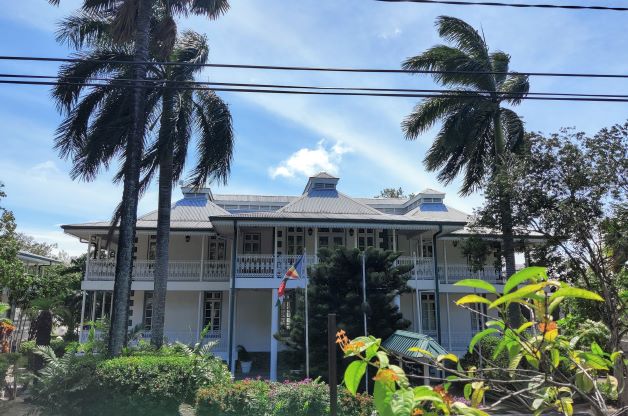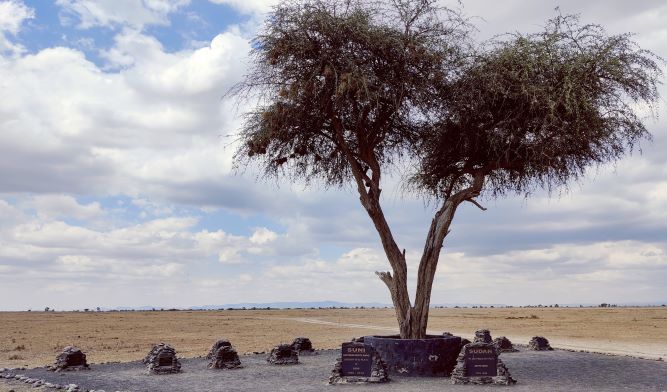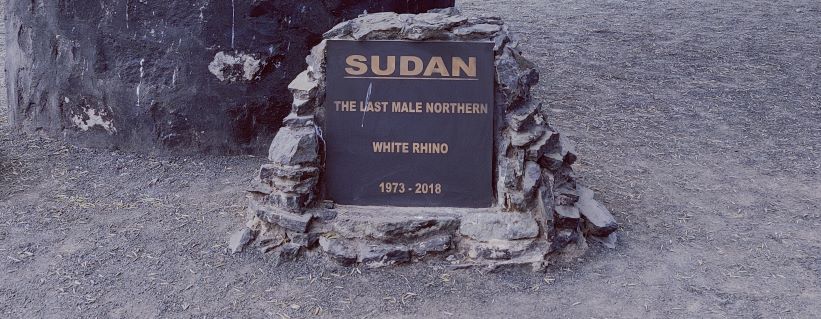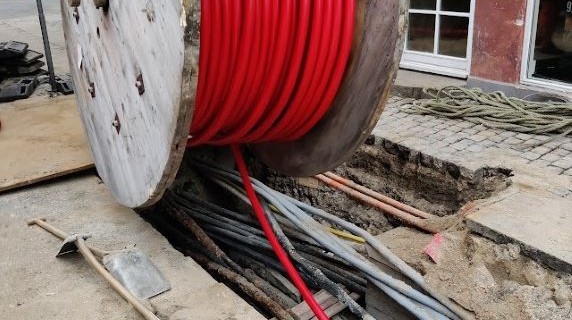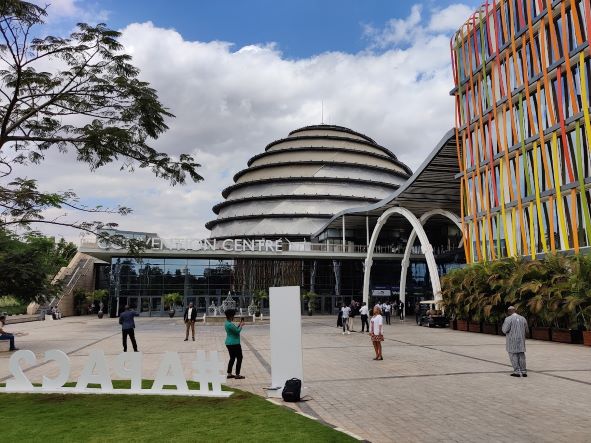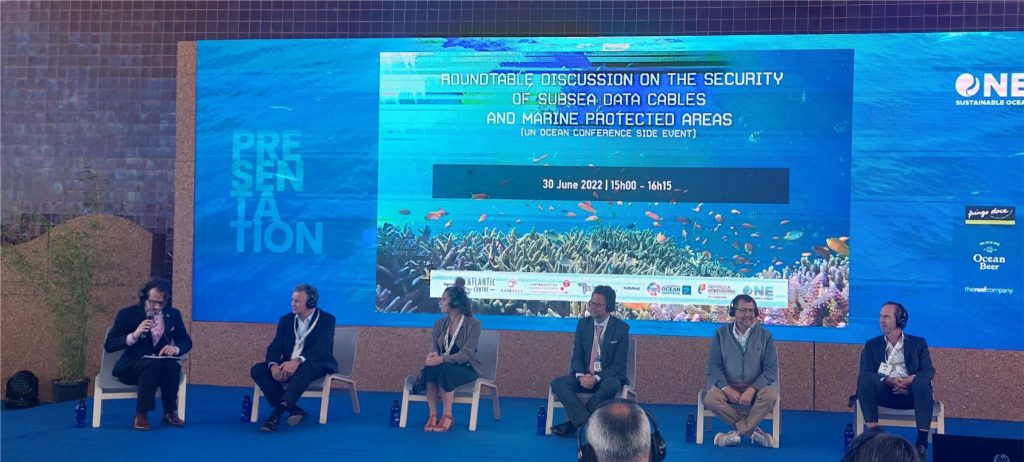Today I had the opportunity to speak at an hybrid event organized by the Indian Ocean Commission and the Charles Telfair Centre on maritime security in the Western Indian Ocean (https://lnkd.in/dz2URFYP). The lively discussion revolved around issues of which maritime security issues to prioritized, whether regional institutions deliver, and how to interpret the new geopolitical thinking in the region.
In my comments, I drew on our recent analysis, published in African Security Review, coauthored with Jan Stockbruegger (https://lnkd.in/d2KXBj24). My key take away points from the event:
Continue reading